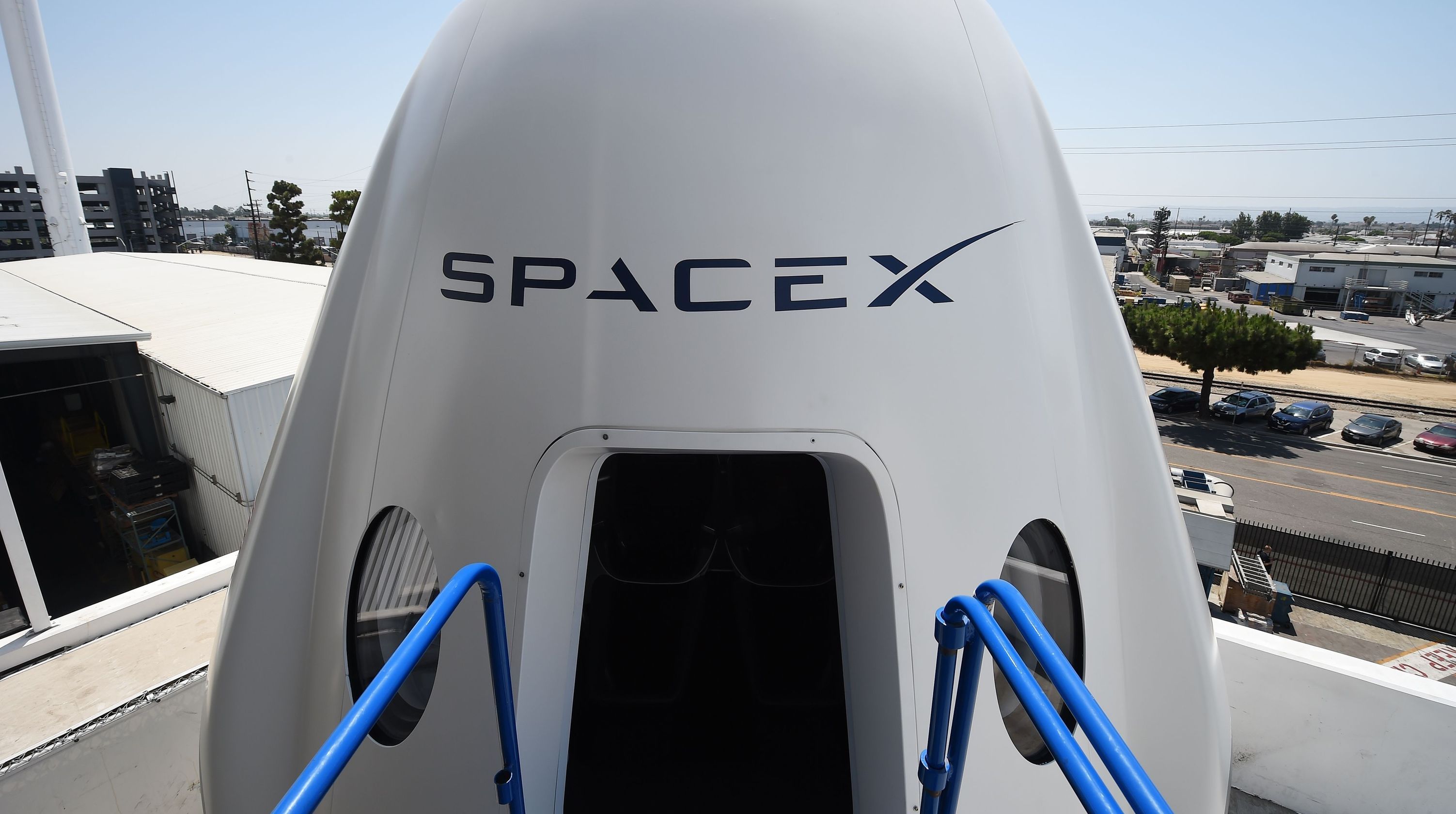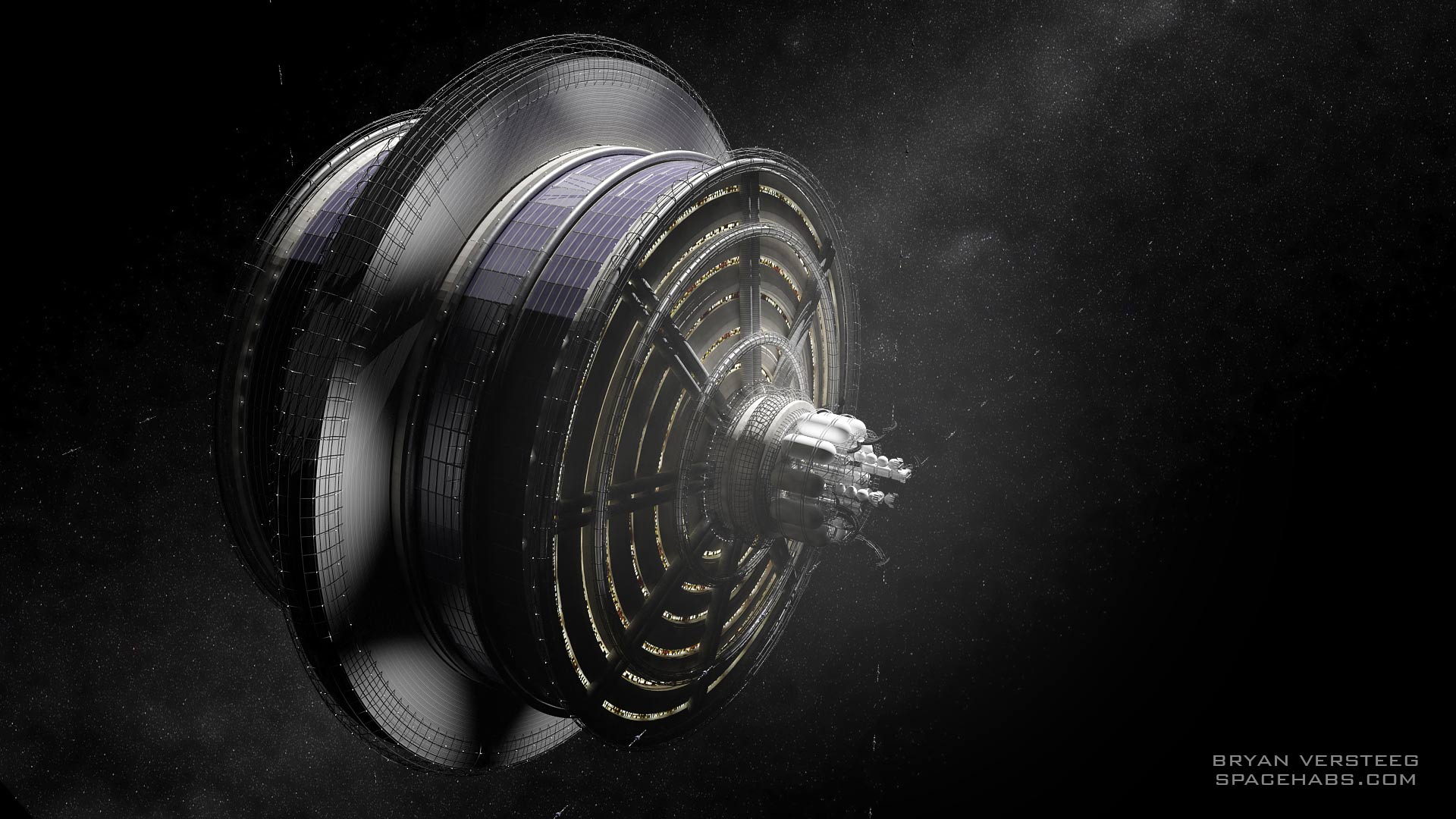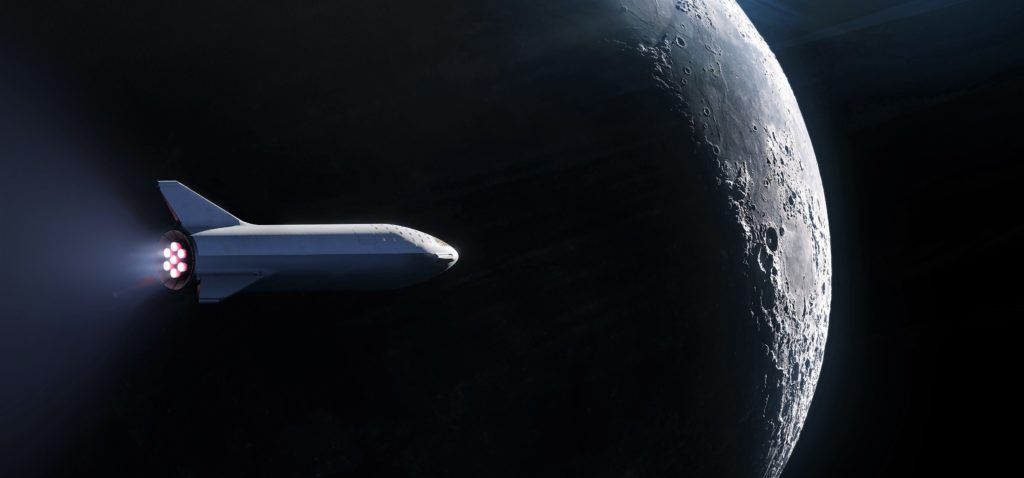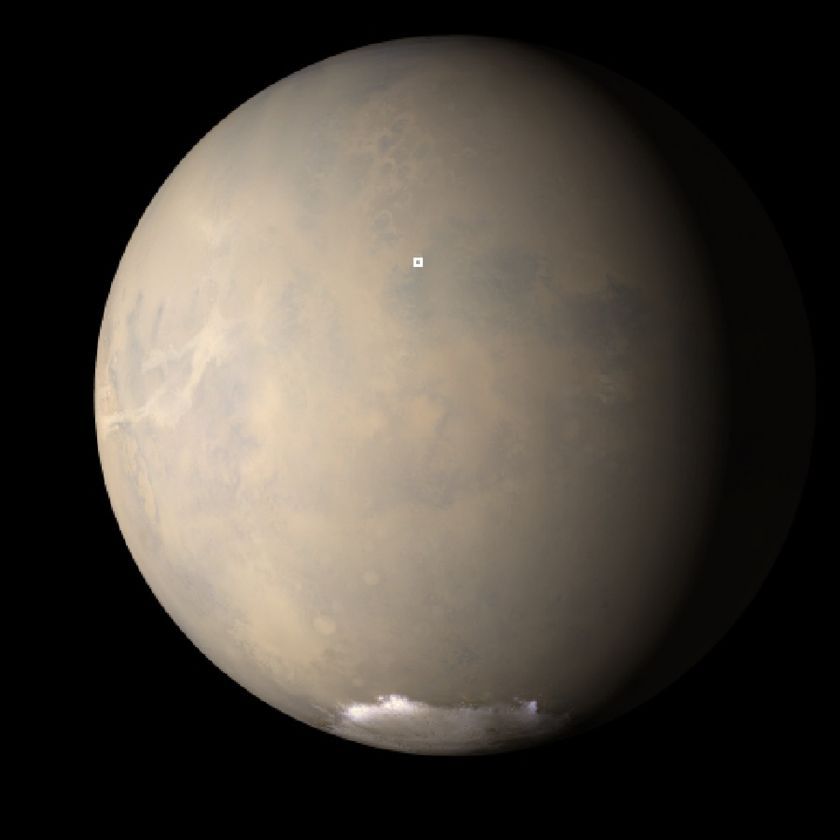Someday, people across the world will look back on September 2018, much like we look back on the terror attacks of 9/11 or the safe return of Apollo 13 in 1970. They are touchstone moments in world history. For Americans, they are as indelible as Pearl Harbor, the assassination of John F. Kennedy or the first moon landing.
So, what happened just now? The month isn’t even half over, and the only events we hear about on the news are related to Hurricane Florence and Paul Manafort. (In case you live under a rock or are reading this many years hence, the hurricane made landfall on the coast of the Carolinas, and the lobbyist / political consultant / lawyer / Trump campaign chairman pled guilty to charges and has agreed to cooperate in the continuing Mueller investigation).
No—I am not referring to either event on the USA east coast. I am referring to a saga unfolding 254 miles above the Earth—specifically a Whodunit mystery aboard the International Space Station (ISS). NASA hasn’t seen this level of tawdry intrigue since astronaut Lisa Marie Nowak attacked a rival for another astronaut’s affection—driving across the country in a diaper to confront her love interest.
So What is the Big Deal This Week?!
It didn’t begin as a big deal—and perhaps this is why mainstream news services are slow to pick up on the latest information. But now, in my opinion, it is a very big deal.
A small hole was discovered on a Russian Soyuz spacecraft (a lifeboat) attached to the International Space Station. That hole, about the size of a pea, resulted in the slow decompression of atmosphere. The air that our astronauts breathe was leaking out of ISS and into the void of space.
So far, the story is unremarkable. Ground scientists issued two comfort statements about the apparent accident. They addressed the possible cause and the potential risk:
- This small hole could have occurred on the ground (during construction). Alternatively, it could be the result of a micro-meteorite or even man-made space debris. Perhaps a fleck of varnish peeled off of a satellite and collided at high speed with the massive, orbiting space station. No problem. The ISS and each commuter spacecraft that dock with it are designed to sustain collisions with small particles—even ones that punch a pea-sized hole through the hull.
- Air pressure in the ISS and in each spacecraft is only 1 atmosphere. This type of small leak could effectively be stemmed by simply applying duct tape.
The initial news event was interesting to space buffs, but it didn’t seem to present a significant threat to our astronauts, nor require a massive technical response. You may recall that duct tape played a critical role in getting the Apollo 13 astronauts safely back to Earth almost 50 years ago. The crisis that they faced was far worse. The solution required extensive impromptu engineering both in Houston and up in the spacecraft. What an awesome historical echo and footnote to an event that captured the hearts and minds of so many people back in 1970.
 But the story does not end with a piece of duct tape. In fact, it just got much more interesting…
But the story does not end with a piece of duct tape. In fact, it just got much more interesting…
After a few days, NASA revealed that the hole was intentionally drilled, and the deed probably occurred while the ship was docked at the space station. Since there is no log of activity with tools in this section of the laboratory, it strongly suggests an act of sabotage by one of the astronauts on board.
And now, we have some new information: Guided by ground engineers, astronauts fished an endoscope through the hole to inspect the outside of the spacecraft. Guess what?! That same drill bit damaged the meteorite shield which stands 15 mm beyond the pressurized hull of the spacecraft. This will add significant risk to anyone traveling back to earth in the damaged ship.
One theory is that a member of the crew wanted to create the conditions to more quickly return to Earth. Now, that return trip may present and elevated risk to occupants.
This story has not yet concluded, of course. It will likely conclude with tragedy or triumph. In the better scenario, no one will die—but successful return and reentry will be followed by a criminal conviction or court martial. I am having difficulty envisioning an alternate outcome.
Read about it here. The story is unfolding, but the details are utterly fascinating.
Philip Raymond co-chairs CRYPSA, hosts the New York Bitcoin Event and is keynote speaker at Cryptocurrency Conferences. He sits on the New Money Systems board of Lifeboat Foundation and is a top Bitcoin writer at Quora. Book a presentation or consulting engagement.





 But the story does not end with a piece of duct tape. In fact, it just got much more interesting…
But the story does not end with a piece of duct tape. In fact, it just got much more interesting…


